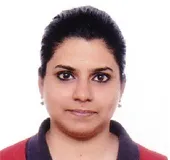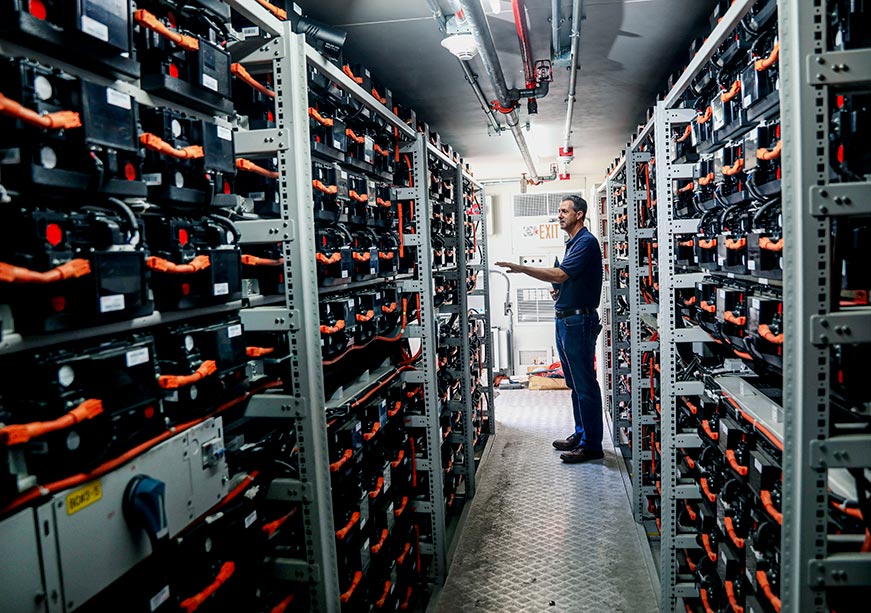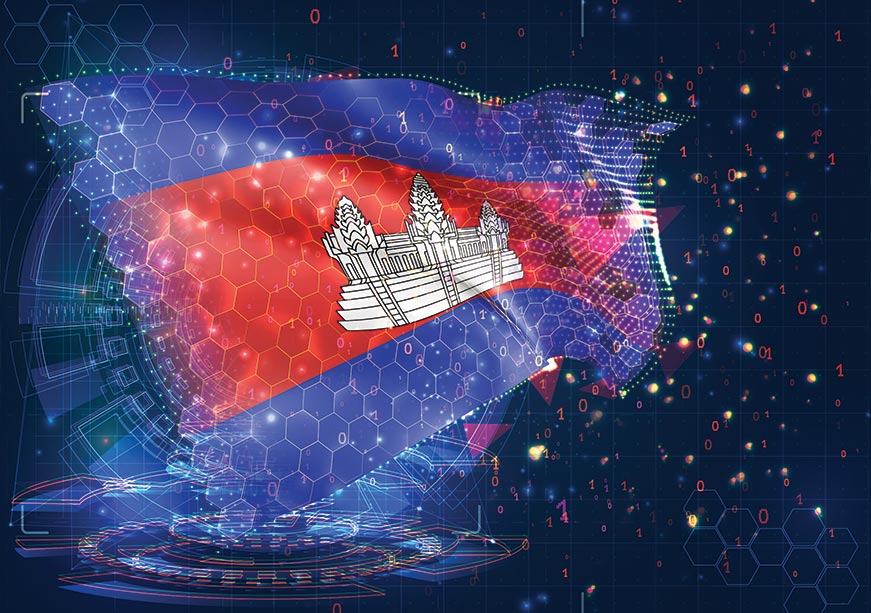What is considered to be economic progress may not necessarily match the target of realising social welfare. In fact, the gross domestic product is primarily an index for measuring the economy, not human welfare. Thus, the current paradigm of development needs to be urgently replaced by development models that are just, sustainable, and inclusive in nature.
Financing sustainable development is one of the major bottlenecks faced by the vulnerable communities in the Global South. A report by the UN Inter-Agency Task Force warns that the current SDG financing deficit can snowball into a massive sustainable development divide if not checked in time. Several low-income economies, small island developing states and least developed countries suffer from soaring debt burdens. This is jeopardising their recovery efforts, creating a vicious cycle of fiscal stress and climate vulnerability.
Development partnerships are not a new phenomenon. But with the (re)emergence of some of the developing economies, such as India, China, Indonesia and Brazil, taking up the mantle of providing crucial resources — skills training, capacity-building, knowledge-sharing — development partnerships are no longer a monopoly of the West. Further, there has been a transition from ‘aid’ to ‘cooperation’, reflecting a relationship based on an equal footing. Also, the transfer of resources, finances or knowledge is no longer an obligation but a condition for achieving greater global good.
The current model of official development assistance appears to be incapable of dealing with the challenges of the developing world.
But there is a need to reform the existing financing architecture to achieve just financing. Countries in need should be in a position to secure not just adequate quantities of finance but also the requisite quality of finance — finance that creates sustainability. The current model of official development assistance appears to be incapable of dealing with the challenges of the developing world. Also, one must look at solutions that can supplement and scale up existing ODA levels through critical sources like private capital funds and foreign direct investment remittances. Experts suggest that these private pools of capital are an underutilised resource. The option of blended finance — combining concessional public funds with philanthropic capital to involve and attract the private sector — can also be explored.
The scale of humanitarian assistance needed is daunting. Almost 360 million are estimated to be in need of assistance, up from 30% since the beginning of 2022; 80% of the humanitarian needs are driven by conflicts. As per the Global Humanitarian Overview 2024 report released by the UN Office for the Coordination of Humanitarian Affairs, funding requirement for the humanitarian crisis is estimated to be approximately $46.4 billion this year. Furthermore, in 2023, donors could only meet 35% of the total funding needs of the UN. Worse, climate exigencies are accelerating humanitarian emergencies in the form of extreme weather events.
The Indian approach to development cooperation, unlike that of China or the West, is organic, making it more suitable to address the needs of the developing world.
Projecting itself as the voice of the Global South, India has upped its game in terms of development diplomacy. The Indian approach to development cooperation, unlike that of China or the West, is organic, making it more suitable to address the needs of the developing world. New Delhi insists that its development interventions are aimed at creating local capacity and opportunities. Being a developing economy itself, India is also looking to share its own developmental experience with other nations placed at different levels of the developmental trajectory but facing common challenges. Moreover, New Delhi along with Beijing is also giving a voice to the real concerns of the Global South. The inclusion of the African Union in the G20 is a case in point.
However, partnership endeavours are not free of contestations. Debates are rife on how development cooperation provides an entry point to meet the strategic interests of the provider. Given this backdrop, the ‘Indian Way’ towards development can serve the interests of the Global South.
This commentary originally appeared in The Telegraph.
The views expressed above belong to the author(s). ORF research and analyses now available on Telegram! Click here to access our curated content — blogs, longforms and interviews.




 PREV
PREV


